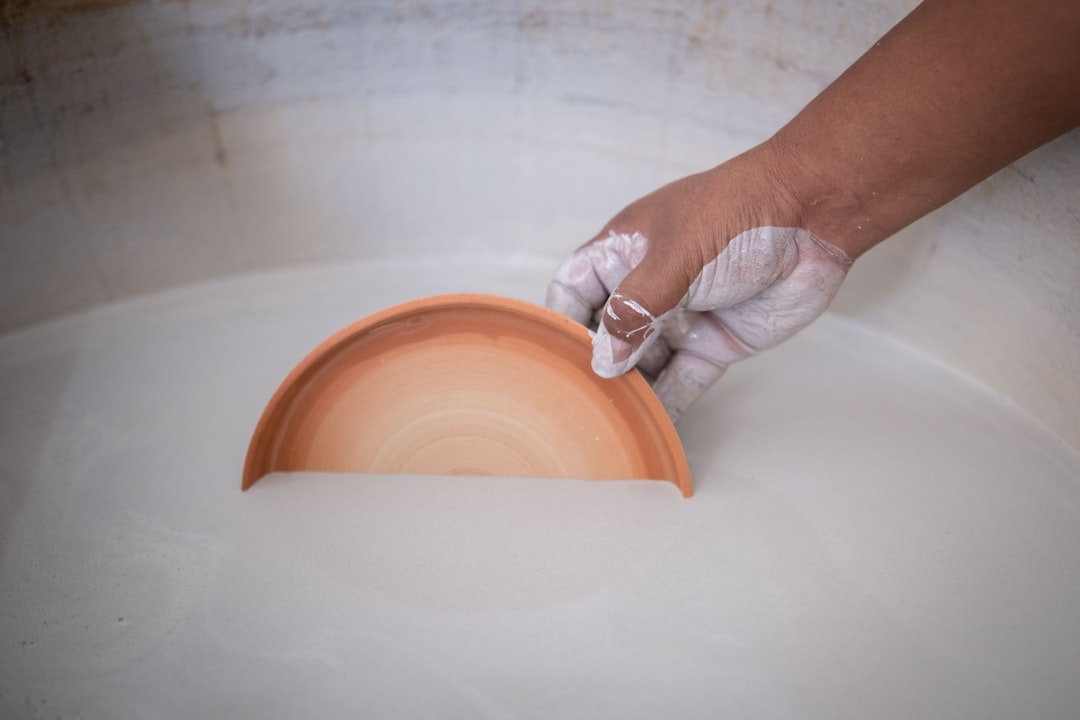Cost to Install a Hot Tub: CountBricks Residential Expertise
Price source: Costs shown are derived from our proprietary U.S. construction cost database (updated continuously from contractor/bid/pricing inputs and normalization rules).
Eva Steinmetzer-Shaw
Head of Marketing
The Real Cost to Install a Hot Tub: A Professional's Guide
For construction professionals in Minneapolis and beyond, understanding the cost to install a hot tub is crucial. Current estimates show that total project costs range from $8,000–$25,000. This guide breaks down each component to help you plan effectively.
Factors Influencing Installation Costs
Installation involves multiple trades, including excavation, carpentry, and electrical work. Here's a breakdown of typical costs:
- Tub model and size: $5,000–$8,000 for basic units to over $8,000–$15,000 for custom in-ground spas
- Site preparation: $500–$1,500 for concrete pads or decking
- Electrical service: $800–$2,000 for dedicated circuits and panels
- Plumbing and drainage: $500–$2,500
- Permits and inspections: $100–$250
Detailed Budget Breakdown
Using CountBricks' AI, here's a sample budget for a 6-person spa:
- Hot tub unit: $5,000–$8,000
- Reinforced deck: $800–$2,000
- Electrical setup: $800–$2,000
- Crane lift: $200–$500
- Permits: $100–$250
- Miscellaneous: $500–$1,500
- Total Estimate: $9,200–$17,000
Streamlining Estimates with CountBricks AI
- Hands-free data capture
- Real-time supplier pricing
- Instant professional documents
- Blueprint takeoffs
Installation Process Overview
- Consultation
- Site assessment
- AI estimate creation
- Permit procurement
- Site preparation
- Delivery and placement
- Electrical and plumbing hookup
- Final inspection
Cost-Saving Tips
- Choose off-peak delivery
- Bundle electrical work
- Opt for composite deck blocking
- Use CountBricks volume discounts
Case Study: Minneapolis Backyard Retreat
A recent project came in 7% under budget due to live pricing updates. See more in our portfolio.
FAQs
- Installation time: 3-5 days
- DIY options: Limited to landscaping
- Financing: Available through integrated lenders
Get Your Custom Estimate
Start a voice session with CountBricks for a detailed quote in minutes. Experience precision and ease in your next project.
Maximizing Value with CountBricks
Beyond initial costs, consider long-term savings and value. CountBricks helps evaluate total ownership costs and resale impact.
Operating Costs
- Energy efficiency upgrades: $200–$700 upfront, saving up to 25% on utilities
- Automated water treatment: Saves $200–$500 annually
Enhancing Home Value
A well-placed hot tub can increase property value by 4-6%.
Coordination Benefits
CountBricks' platform reduces mobilization fees, saving $500–$1,500.
Pro Tips
- Schedule electrical work with deck reinforcement
- Opt for winter permits
- Check deck weight ratings early
Next Steps
Book a consultation for a personalized cost analysis and timeline. CountBricks ensures your project is on time and on budget.

